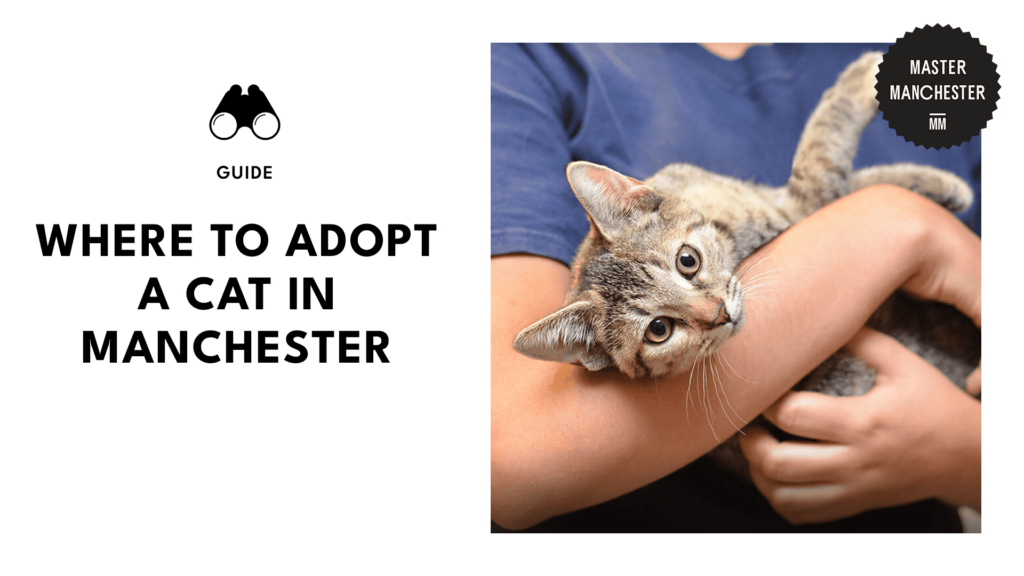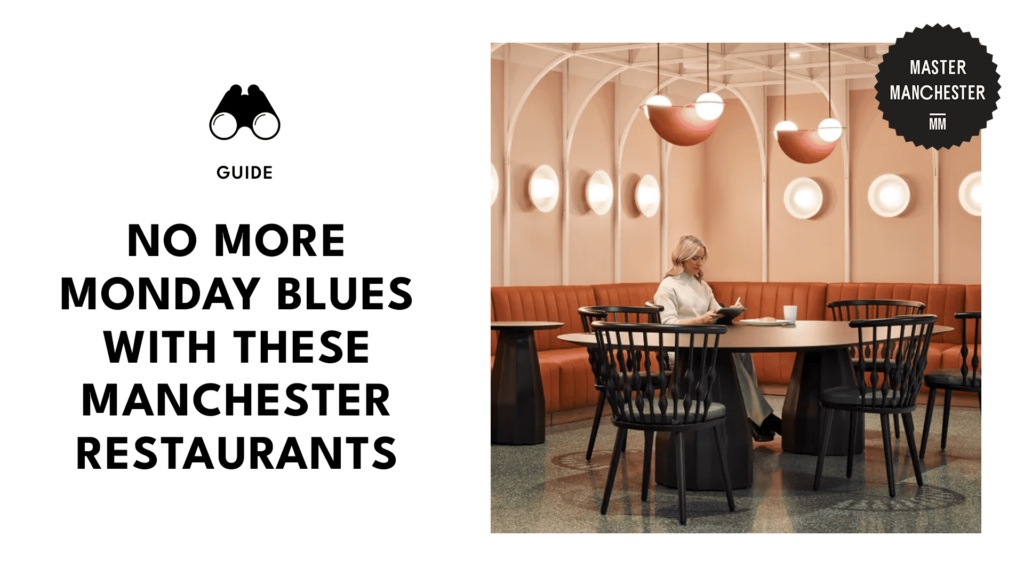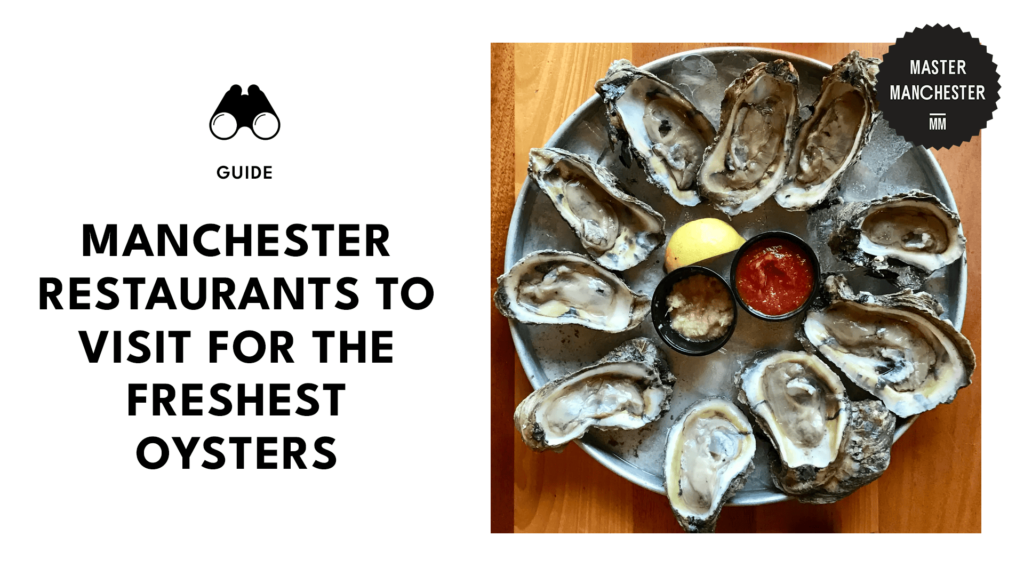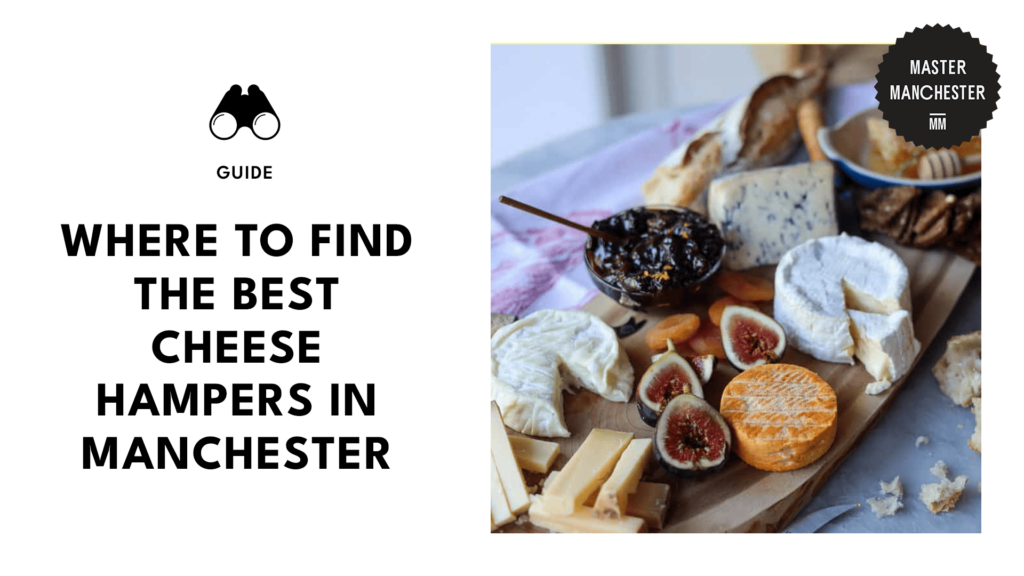Categories > Guides and Tips
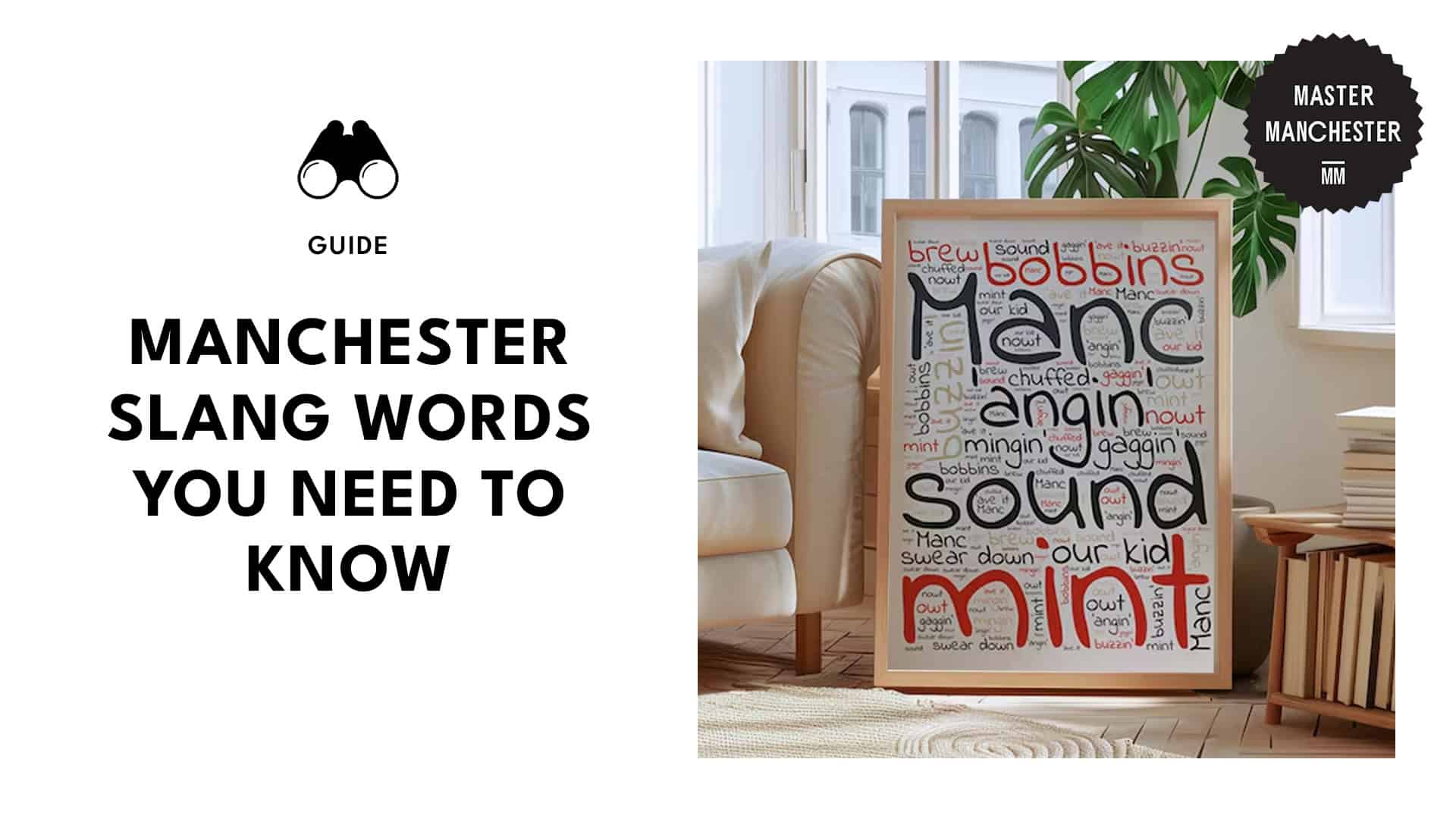
From Buzzin’ to Mardy: 10 Manc Slang Words You NEED to Know
Mancs have their own way of chatting—laid-back, sharp, and full of slang that gives the city its charm.
From being buzzin’ for a night out to calling your mate a bit mardy, learning these local phrases is like having a secret code to the city.
Here’s your guide to the most essential Manc slang words—use ’em right, and you’ll fit in quicker than you can order a brew!
Madferit
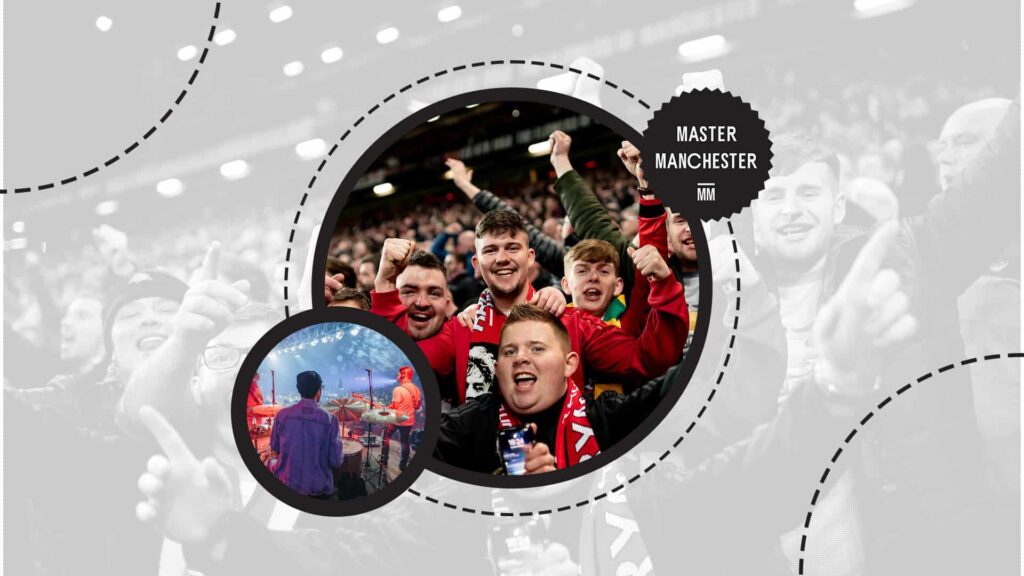
This slang originated during the “Madchester” era of the late 80s and 90s, when bands like Oasis and the Stone Roses ruled the music scene.
“Madferit” captures the excitement and passion Mancunians feel about something, be it football, a gig, or just hanging out.
It’s more than just excitement. It’s about being totally “up for it,” whatever it may be—kind of like being obsessed or super enthusiastic.
| Usage: “Did you see the line-up for the Parklife Festival? I’m madferit!” |
Mint

While “mint” might remind some people of chewing gum or candy, in Manchester, it means something is awesome or high quality. It can describe a wide range of things, from food to clothes to experiences.
If something is “mint,” it’s not just good—it’s flawless or exciting. It can be used as a quick response to something impressive or fun.
| Usage: “I just got a new bike, it’s absolutely mint.” |
Mardy

This word is perfect for when someone is acting overly emotional, sulky, or throwing a bit of a tantrum. It’s the slang version of calling someone a crybaby. If someone’s being “mardy,” they’re definitely in a bad mood.
You can use “mardy” to describe yourself, but it’s mostly used to call out others when they’re being grumpy. It’s usually playful, but sometimes people take offense, especially if they’re really in a mood.
| Usage: “I only lost by a point, don’t be so mardy about it!” |
Scran

Everyone loves a good meal, and in Manchester, food is affectionately called “scran.” Whether you’re talking about a full Sunday roast or just a quick snack, “scran” is the go-to word for food.
If you’re “starving” or really hungry, you’ll want to get some scran. It can be a casual meal with mates or a massive feast—”scran” covers it all.
| Usage: “What’s the scran situation tonight? Fancy getting a curry?” |
Buzzin’

“Buzzin’” has roots in Manchester’s industrial worker bee symbol, but it’s now widely used to express excitement or happiness.
If you’re “buzzin’,” you’re pumped about something, and it’s often used to describe the electric atmosphere before a big football match or event.
This word is often used when you’re anticipating something fun or after you’ve had a great experience. It’s a word that encapsulates the city’s positive and high-energy vibes.
| Usage: “I’m buzzin’ for the night out, haven’t been out in ages!” |
Kecks

“Kecks” refers to trousers, but its origins lie in the Romani word for “pants.” It’s one of those words that might confuse outsiders but is a staple in Manchester slang. Be careful not to confuse it with “pants,” which in Manchester refers to something bad or rubbish!
If someone compliments your “kecks,” it means they like your trousers. If you spill something on your “kecks,” you might want to change before heading out.
| Usage: “You’ve got a hole in your kecks, mate. Better get that sorted.” |
Mither

To “mither” is to pester or bother someone. If you’re repeatedly asking someone for something, you’re “mithering” them. It’s a uniquely northern word and is especially popular in Manchester.
Parents often tell their kids to stop “mithering” them when they ask too many questions. It’s usually used in an exasperated way.
| Usage: “Stop mithering me about going out, we’ll leave in a bit!” |
Gaff
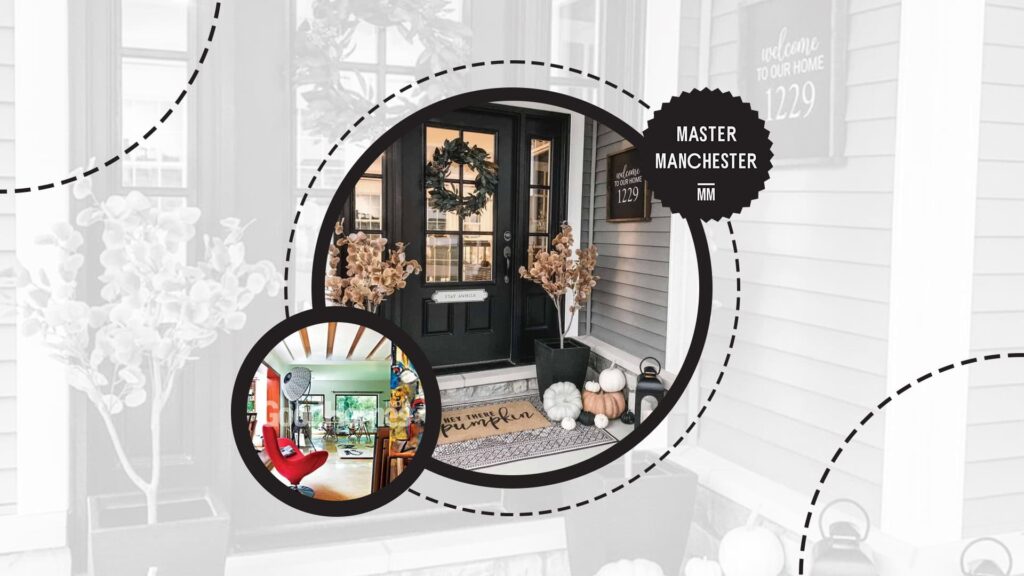
“Gaff” is simply another word for home or house. Whether it’s a posh apartment or a cozy flat, your “gaff” is where you live. It’s a handy word when you’re talking about someone’s place casually.
You’ll most likely hear this when making plans with friends or discussing a party. It’s a relaxed way of referring to a house or home.
| Usage: “Let’s head back to his gaff after the pub, it’s just around the corner.” |
Dead

In Manchester, “dead” is an intensifier, much like “really” or “very.” You’ll hear it in almost every conversation, whether someone is “dead tired” or had a “dead good” night. It’s a word that adds emphasis to just about anything.
People use “dead” to emphasize something strongly. Whether positive or negative, it just makes whatever you’re describing feel bigger and more impactful.
| Usage: “That film was dead good, wasn’t it?” |
Nowt

Derived from the Old Norse word “naught,” meaning nothing, “nowt” is used across the North of England, but it’s a staple in Manchester. Whether you’re bored or broke, “nowt” comes in handy when you’ve got, well, nothing.
It can be used to describe a lack of plans, money, or even mood. It’s casual, and you’ll often hear it when someone is describing a slow day.
“Nowt” is one of those comforting slang words that instantly makes you feel part of the Northern culture
| Usage: “I’ve got nowt to do today, might as well watch the match.” |
